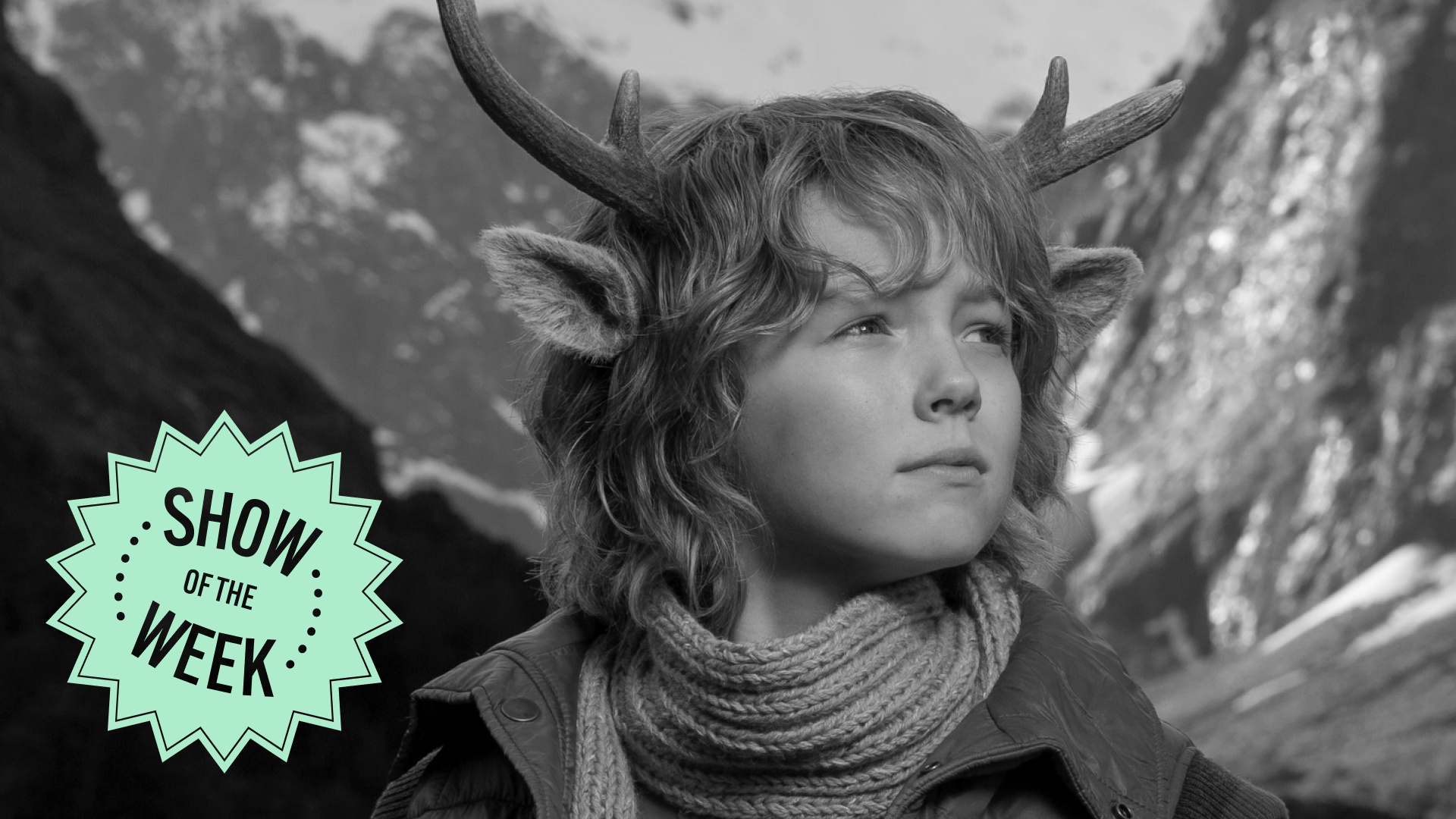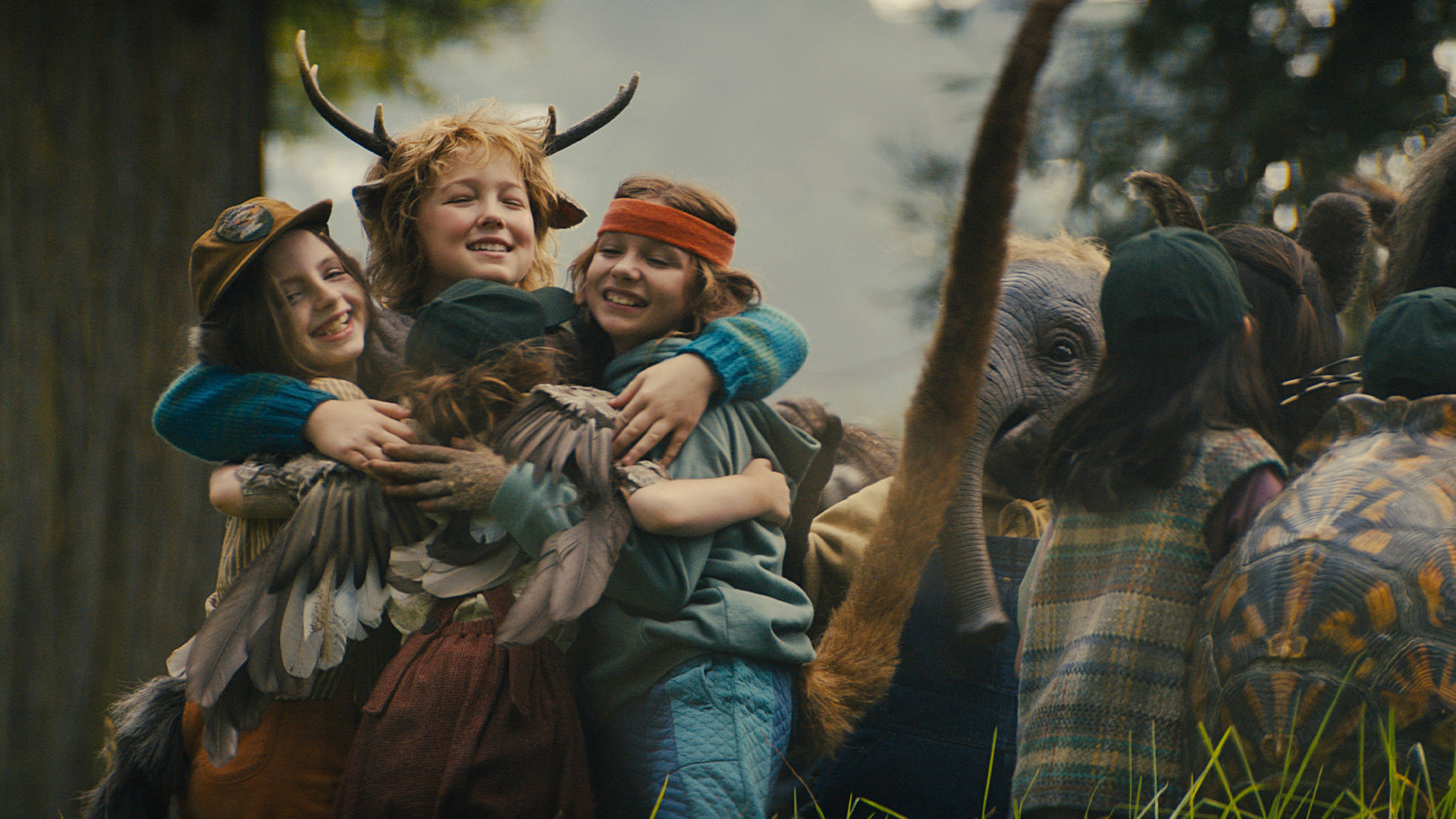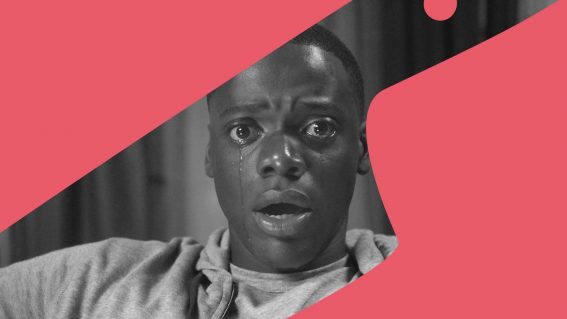Post-apocalyptic show Sweet Tooth comes to its own natural conclusion

Clarisse Loughrey’s Show of the Week column, published every Friday, spotlights a new show to watch or skip. This week: New Zealand-shot post-apocalyptic series Sweet Tooth comes to a close.
Sweet Tooth, Netflix’s show about a post-apocalypse populated by human-animal hybrids, has rounded out its third and final season with much talk of the naive, but noble hope that the goodness in humanity will ultimately prevail. And, look, in this very particular case it’s true—Netflix actually let one of its series come to a natural conclusion, without a shock cancellation in sight.
Granted, Sweet Tooth started with its destination already in mind. It’s based on the comic book series by Jeff Lemire, about a deer-boy named Gus (Christian Convery), whose very existence seems intimately connected with the plague that’s already wiped out most of humanity. Since Gus was born, there hasn’t been a child delivered into the world that wasn’t some kind of animal-human blend.
In practical terms, Sweet Tooth is a road trip story, as Gus is followed around by his obligatory, reluctant father figure, Tommy Jeppered (Nonso Anozie). Is this just The Last of Us dunked in a vat of cottage-core whimsy? You could say so, yes. But Sweet Tooth has carved out a comfortable little niche for itself, and it’s a relief to see that it’s at least been allowed to cross the finish line unencumbered.
Now that Gus and Jeppered have defeated JK Simmons-lookalike and hybrid hunter General Abbot (Neil Sandilands), they join rebel leader Bear (Stefania LaVie Owen) and half-pig girl Wendy (Naledi Murray) on the road to Alaska. Gus has been having dreams about the place. It’s where his mother, Birdie (Amy Seimetz), lives. And it’s there they’ll find the secret to the plague, their only hope to save humanity.
James Brolin narrates each episode like he’s personally tucking you into bed, and there’s an overarching idealism to even its darkest narrative turns—good will not only prevail, but the universe has a miraculous way of balancing itself out. That’s certainly a comforting, if inevitably fantastical, lens through which to view our own world. But there are crevices and crags within this sweet-as-candy world, and it’s clear that Lemire and show creator Jim Mickle believe that Sweet Tooth’s magic is a necessary counterweight to the feeling of hopelessness that can so easily invade our hearts.

There is cruelty here. Gus and his crew stumble across a casino inhabited by its former geriatric slot machine addicts. While their supplies are plentiful, they won’t share with our heroes because, in their eyes, “we deserve to enjoy the time we have left.” Season three’s big bad, warlord Helen Zhang (Rosalind Chao) is an old-school villain, who looks utterly fabulous in a fur coat but potentially has no soul. She wants to ensure her pregnant daughter, Ginger (Louise Jiang), gives birth to a full human, with zero animal DNA. A part of it stems from the disgust she feels towards her older daughter, Rosie (Raya and the Last Dragon’s Kelly Marie Tran), who’s a mother to four half-wolf boys.
Tran shows incredible command over her character—she’s fairly underwritten, but the actor feeds such brittle resentment into her that it nearly punches its way out of the screen. The show, at its heart, is about how the older generation sees the younger, especially when it comes to certain unresolvable differences. Some lash out. Some would rather destroy humanity’s own future than accept change. But there are others, Sweet Tooth argues, who can see the way forward.

















